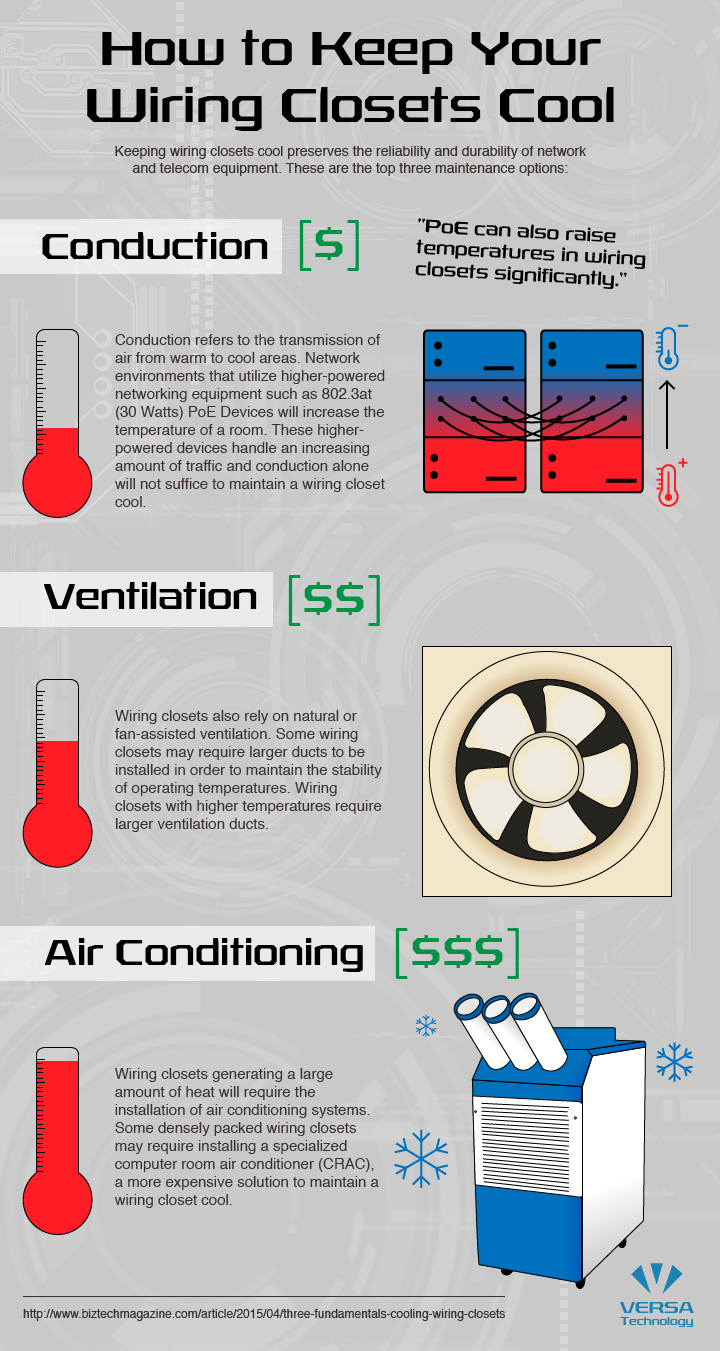Exploring The Ecological Advantages Of Warm Pumps - A Lasting Heating Option
Exploring The Ecological Advantages Of Warm Pumps - A Lasting Heating Option
Blog Article
Material Author-Crabtree Otto
In an age where sustainability and energy performance are vital, many companies seek environment-friendly heating remedies. One such solution is the heat pump.
A heat pump removes the warm in its environments and pumps it right into your home, resulting in among one of the most reliable green central heating unit around. This procedure likewise creates zero greenhouse gas emissions, making it a highly sustainable technology.
Energy Efficiency
Heatpump are very power reliable and need little upkeep. They use much less electricity than other heater and are by far the most eco-friendly. air con services work well with rooftop solar and can often spend for themselves in energy cost savings alone.
They can additionally provide air conditioning, which is excellent for garage workshops, attic hangouts and benefit rooms, and home additions without expanding the existing ductwork. They can even be made use of for retrofits in existing homes with hydronic (water-based) circulation systems such as low temperature radiators or radiant floorings.
Try to find versions with SEER and HSPF ratings that meet or surpass Canada's minimum requirements, as well as the criteria in your area. Higher ratings indicate better efficiency, which conserves you cash in the long run and lowers your carbon footprint. You might also get approved for discounts and motivations! The very best systems are those with a ground warm exchanger for included effectiveness. These systems can take in thermal power from the ground during the wintertime and remove it in the summertime.
Minimized Greenhouse Gas Emissions
Heatpump operate on power and essentially move heat from the air, even when it's cool exterior. They have the ability to draw out the totally free heat entraped in air bits and move them inside, decreasing moisture while doing so.
Compared to gas heating systems, modern heatpump utilize less than one kilowatt of electrical power per kilowatt of home heating power they generate. This makes them one of the most power efficient home heating option readily available with a POLICE (Coefficient of Efficiency) of four or even more. By lowering the need for nonrenewable fuel sources, heatpump help reduce greenhouse gas emissions and reduce various other significant air contaminants.
Building decarbonization is a global important, and the cooling and heating industry is an essential vehicle driver of that process. Whether it's real estate investors making internet zero commitments, plan manufacturers setting emissions restrictions, or occupants demanding greener rooms, electrical heat pumps are being acknowledged as an essential service. christchurch ventilation systems installation are a cost-efficient way to minimize carbon emissions by eliminating the need for fossil fuels in structures.
Versatility
Heatpump can be made use of in several kinds of homes and structures-- with or without air ducts. They collaborate with hot-water radiators, air-conditioning and programmable thermostats. They can replace furnaces or be mounted in brand-new homes. They can work on photovoltaic panels, geothermal systems and even district home heating resources like wastewater.
They're fantastic at supplying more heat per power system. For example, an air-source heat pump generates as much as 3 or more heating devices from each electricity device it consumes.
Obtaining one of the most from your heat pump will certainly depend upon your climate area and top quality of insulation. Try to find models with power celebrity ratings and compare their SEER or HSPF specs. In warmer environments, focus on SEER; in chillier areas, take into consideration a system with a higher HSPF rating. Furthermore, invest in air sealing and insulation to minimize the lots on your heatpump. That will boost power effectiveness and aid you reach your Internet Zero goals much faster.
Biomass Boilers
Biomass central heating boilers utilize wood pellets, chips or logs to create warm and warm water. They are an excellent option for off-grid buildings or those that want to leave the gas grid.
As a standalone heating unit, biomass can supply sufficient energy to keep your home warm all the time without the typical heat drop off of other eco-friendly modern technologies. They can likewise be made use of together with photovoltaic panels to increase savings and benefit from RHI repayments.
A drawback of these systems is the upfront expense and routine gas distributions. Often, pellets will certainly need to be blown into a gas shop utilizing a vacuum cleaner system or they can be by hand fed right into the central heating boiler through a receptacle. Logs are usually self-sourced from close-by woodland or bought in bulk. In addition to this, they require manual loading and might require cleansing on a regular basis.